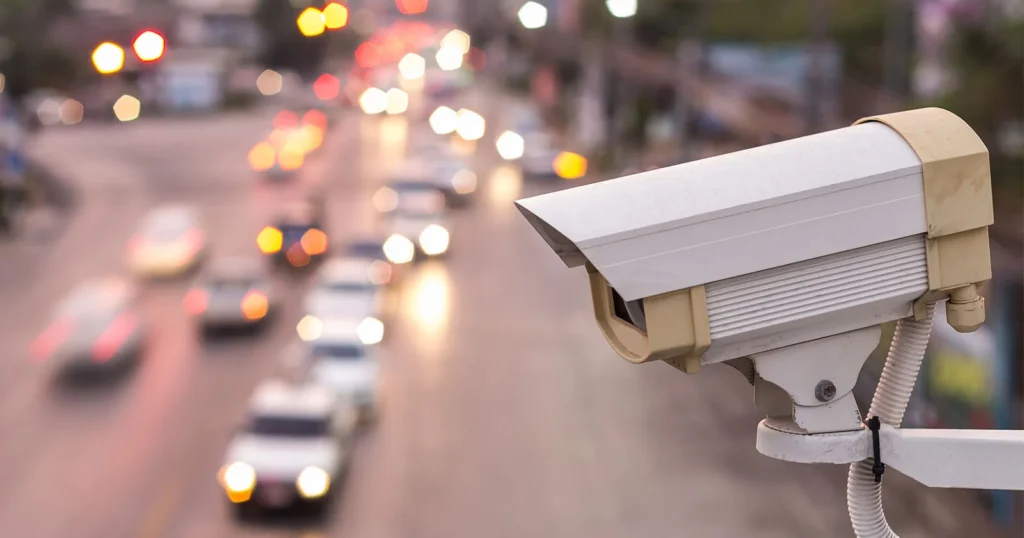Rabat – The National Commission of Morocco For the protection of personal data (CNDP), has announced plans to prevent hearings to determine regulations that protect privacy when using video surveillance.
In a statement published on Friday, the CNDP said that this initiative aims to ensure a uniform interpretation of the law 09-08 that regulates the protection of personal data.
The Commission tries to commit everyone involved in video surveillance to determine clear guidelines and protective measures.
“The use of video surveillance today is an essential topic that covers various aspects such as the protection of public and private spaces, the recording of events for research or security purposes as well as risk prevention,” says the explanation.
The CND found that the approaches to video surveillance differ worldwide, depending on the legal framework, cultural norms and security needs of each country.
For example, the use of technologies such as facial recognition in public spaces raises ongoing questions about the need, acceptance and risks for the protection of personal data, according to the data protection authority.
The Commission found that careful and balanced discussions are necessary that respect constitutional values, public interest and the rights of citizens. It required a thoughtful approach to integrating new surveillance technologies and securing privacy.
CNDP’s statement is made according to reports that Rabat should install 4,000 AI-driven cameras with facial recognition functions by the end of 2025. project The aim is to improve security, especially before major events such as the 2025 Africa Cup of Nations and the World Cup 2030.
The new system includes advanced cameras, automatic license plate recognition and AI to monitor behavior patterns in real time.
However, the project, in particular the use of facial recognition technology, expresses concerns about mass surveillance and the ability to pursue individuals without their consent. Many fear that this technology could be used to monitor everyday activities and possibly violate the privacy of citizens in public spaces.





